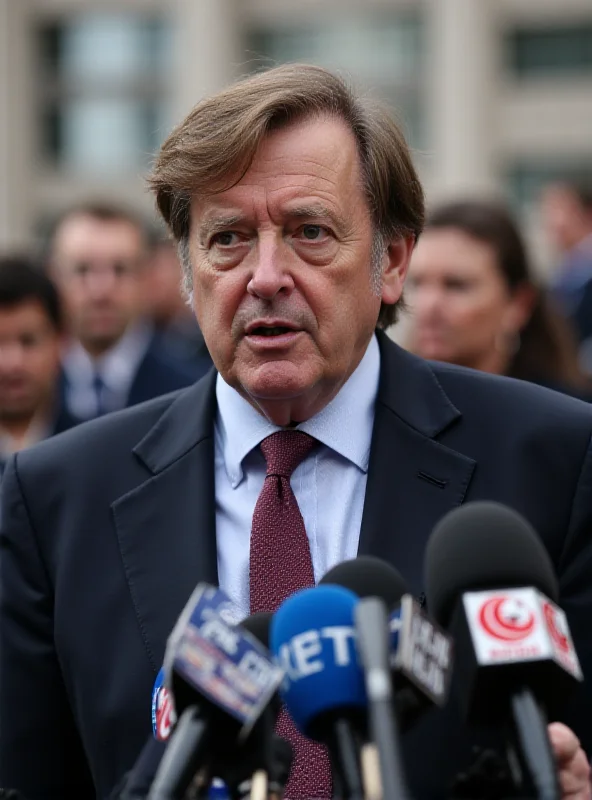Slovakia faces a number of challenges, from social issues like sexual harassment to political concerns regarding defense and corruption. Recent news highlights several key areas of concern for the country.
Silence on the Bus: Addressing Sexual Harassment
A disturbing incident of sexual harassment on public transport has brought the issue of women's safety to the forefront. According to reports, a woman was grabbed by the breasts on a bus, and bystanders remained silent. This incident is not isolated, with similar stories highlighting the prevalence of sexual harassment and the reluctance of witnesses to intervene. The silence surrounding such incidents underscores the societal challenge in addressing and speaking out against this type of abuse.

The incident raises questions about the responsibility of bystanders and the need for greater awareness and education to combat sexual harassment. Creating a culture where victims feel supported and empowered to report incidents is crucial, as is encouraging bystanders to intervene safely and effectively.
Defense Ministry Under Scrutiny
Former Slovak ambassador to NATO and Progressive Slovakia politician Peter Bátor has voiced strong criticism of current defense policies. In a recent interview, Bátor accused Robert Kaliňák of turning the Ministry of Defense into a "Ministry of Capitulation." Bátor's concerns extend beyond domestic policy, touching on the broader geopolitical landscape. He argues that Europe's passive approach towards Trump and the disunity within Europe and NATO act as a "gift for Putin."
Bátor highlights the situation in Ukraine, noting the unconventional tactics employed by Russian forces alongside their relatively untouched air power. "The Russians are even advancing on horses and donkeys, but their air force remains virtually untouched," he stated, underscoring the need for a more robust and unified response from Europe and NATO.

Corruption Concerns Following Criminal Amendment
An analysis by the Stop Corruption Foundation has revealed a concerning trend: following Fico's criminal amendment, the number of people convicted of corruption is decreasing. This finding raises questions about the effectiveness of current anti-corruption measures and the potential impact of the criminal amendment on accountability.
The decrease in convictions suggests that the amendment may be hindering efforts to prosecute corruption cases, potentially undermining public trust in the justice system. Further investigation is needed to fully understand the implications of the amendment and to ensure that effective mechanisms are in place to combat corruption.

In an effort to stabilize the government, Slovak President Peter Pellegrini recently swore in a new minister of tourism and sports as part of a reshuffle. Whether this change will address the broader concerns regarding corruption, defense, and social issues remains to be seen.
Slovakia faces significant challenges across various sectors. Addressing sexual harassment, strengthening defense policies, and combating corruption are crucial steps towards building a more just and stable society.
